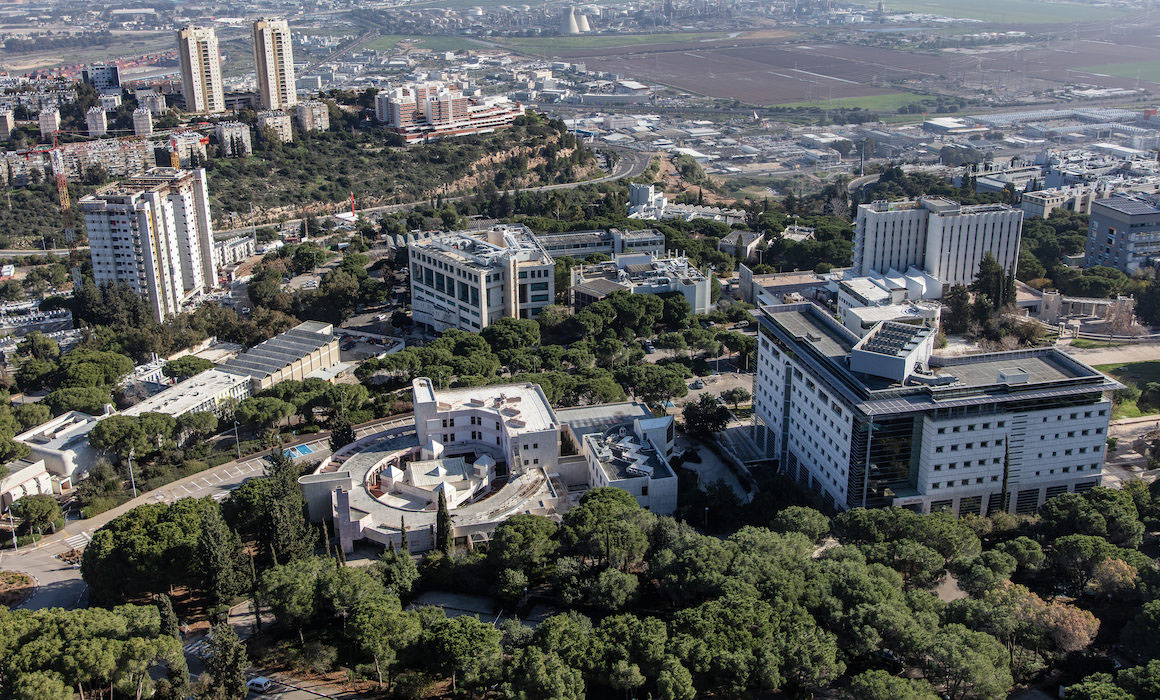 Technion – Israel Institute of Technology in Haifa, Israel (Credit- American Technion Society)
Technion – Israel Institute of Technology in Haifa, Israel (Credit- American Technion Society) For 100 years, the Technion has been a cornerstone of Israeli technological prowess. Ever since Albert Einstein planted a tree on what would become the campus in Haifa in late 1923, the Technion has remained a source for innovation. The Iron Dome, the aerial missile system that intercepts rockets and artillery shells fired at Israel, has its roots in the Technion.. Even at a distance of 45 miles, the technology can stop incoming aerial attacks with a 90% efficacy rate. Its origins date back to 2004 when Rafael Advanced Defense Systems, with a team full of Technion alumni, developing ways for Israel to combat air strikes from the West Bank, Gaza, Lebanon, Syria, and Iran.
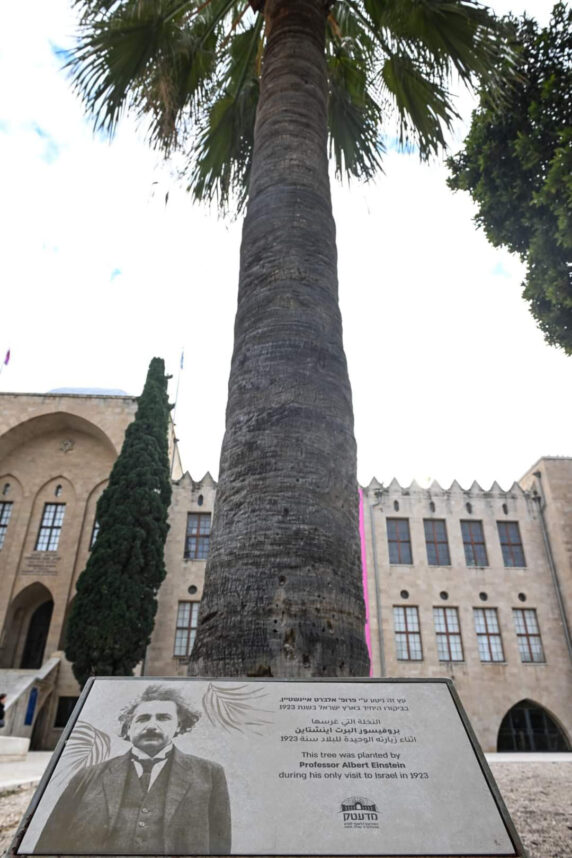
In January of this year, Technion’s President, Professor Uri Sivan, and former Israeli Prime Minister Naftali Bennett looked back at the school’s past century of accomplishments but on how the university responded to the Oct. 7 attacks.
“Israel can launch its own satellites, we make our own drones, we make those anti-missile systems,” Sivan said. “(Iron Dome) was so central in defending Israel during these four months — 80% of the engineers working on Iron Dome are Technion graduates.”
“Israel can launch its own satellites, we make our own drones, we make those anti-missile systems … “(Iron Dome) was so central in defending Israel during these four months — 80% of the engineers working on Iron Dome are Technion graduates.” – Prof. Uri Sivan
Bennett, a Haifa native whose father Jim worked at the Technion, emphasized the transformative impact of the Iron Dome system in preparing Israel for any threats, specifically calling out the Iranian regime.
“When Iran or its proxies harm Israel, I don’t want to fight on the border, I want to hit them in Iran,” Bennett said, drawing applause from the attendees. Bennett then spoke about the failed Iranian attacks on Israel in March 2022, saying, “according to foreign sources, when they sent a couple of UAV [unmanned aerial vehicle] drones over from Iran to Israel, and we intercepted them far away. Lo and behold, 36 hours later, we destroyed a whole UAV base in Iran.”
Israel intercepted 90% of the artillery Iran fired. According to reports, Iran fired more than a dozen cruise missiles and 20 drones at Israel from bases in Syria and Iraq. Nobody in Israel was killed in the attacks.
“Engineers who graduated from the Technion were responsible for the development and production of the armored vehicles used by the IDF today,” Sivan said. There’s geographic information systems such as Simplex 3D which is a planning platform that uses real-time data and 3D models for emergency and security forces to maneuver in sensitive operations — one of the many that the university refuses to comment on. It was founded by Technion alumnus Avi Aflalo.
In using artificial intelligence (AI) in the war on Hamas, researchers at the Technion collaborated with Sisense, a data analytics company led by Ariel Katz, a Technion alumnus, to deploy tools that predict enemy rocket fire locations and times using machine learning algorithms. On top of that, less than a month after the Oct. 7 attacks, Sisense released a software feature for charities to keep track of their donations — just another form of adaptation on the fly in war time.
As you’d expect, Israeli authorities are tight-lipped when it comes to the state-of-the-art technology being used to cripple Hamas’ tunnel system. But above Hamas’ tunnels, the Technion crows that their graduates’ and researchers’ ideas are literally orbiting the earth. Israel’s first satellite, Ofeq 1, launched in 1988 with substantial input from Technion alumni. The university’s aerospace engineering department, the only one in Israel, has led to advancements that allow Israel to gather intelligence while peering down from earth’s thermosphere. And Technion graduates are developing drone technology allowing them to fly into dangerous airspace.
Aerospace technologies are estimated to generate at least $10 billion for Israel’s GDP and employ about 100,000 people. According to the university, in 2020, 602 Technion alumni were founders of 509. The Department of Aerospace Engineering may also have developed a way to create corrective eyewear in developing countries. The project is being led by Mechanical Engineering Professor Moran Bercovici, who runs a Fluidic Technologies Laboratory at the university. Eytan Stibbe, the second Israeli to go to space, performed the experiments aboard the International Space Station.
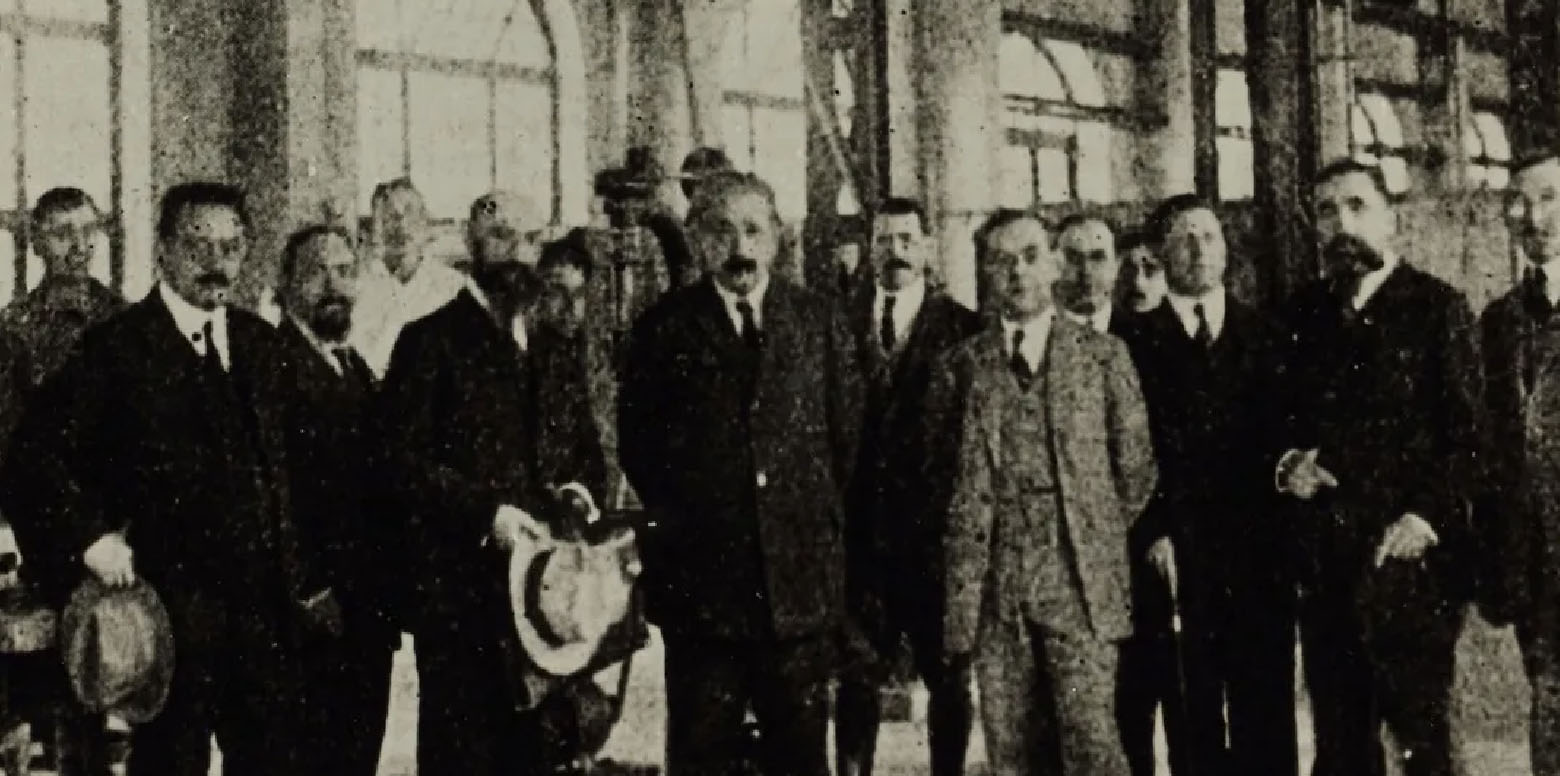
A study found that rates of post-traumatic stress disorder, depression and anxiety have doubled in Israel since Oct. 7. XRHealth, a virtual reality therapy company led by Technion alumni, distributed virtual reality (VR) headsets equipped with meditation and stress-relief software to hospitals, nursing homes, and mental health centers, providing soldiers and civilians alike with relief from post-traumatic stress disorder and anxiety.
“As soon as we heard about the attacks in Israel, we wanted to make sure that as a company we were positioned to help assist the survivors of the Hamas attacks and the people of Israel through the recovery process.” XRHealth’s CEO, Eran Orr, told Israel21c.
Dendro Technologies, co-founded by Technion alumna Adi Wallach, donated handheld devices developed by her company to help reduce anxiety to citizens affected by the war. The devices, named “CalmiGo.” are designed to engage four senses: “vision, with feedback lights on the device; hearing — with vibration at the end of exhalation; smell — calming scents; and touch — the overall feeling of the device.
Combatting the information war against Israel, Zachary Bamberger, a Technion Masters student, worked with fellow researchers to create AI tools to counteract online misinformation with AI language technology — without violating the terms of service of social media platforms such as Facebook, X, Instagram, and TikTok. The university reported that it took Bamberger and his team of 40 Ph.D.’s only 10 days from inception to putting this technology into action.
“It can be really challenging for the average person to know where to start with taking meaningful action on social media, and we want to give people the tools to strengthen their voices and fight back against hateful posts online,” Bamberger said in a statement to the American Technion Society.
The Technion’s humanitarian efforts since Oct. 7 have been notable. The university’s second-hand store, managed by student labs supervisor Ronit Faran, has been pivotal in supplying essential items to wartime evacuees who have been displaced by the conflict, particularly near the Lebanon border, only 34 miles to the north.
“We are here to support our community in any way we can,” Faran said.
School officials are keenly aware of the anti-Israel sentiments pervading college campuses around the world. That is why in November 2023, they invited students, researchers, and faculty experiencing antisemitism or anti-Israel sentiment abroad to join its campus in Haifa, providing a safe and supportive environment for those affected by the global rise in hostility following the attacks.
“Following the surge of antisemitism and anti-Israel rhetoric around the world, the Technion invites undergraduate and graduate students and academic faculty residing abroad to come to our campuses in Haifa to carry out their research, teaching and learning,” the university said in a statement, The Times of Israel reported.
Three Technion students, Gal Givati, Omer Paz, and Tal Mazor, attended the Nova music festival on Oct. 7. They managed to escape. And like so many others in their age group who survived Hamas’ carnage, they enlisted in the IDF reserves.
“We are focused on helping and supporting the country however we can,” Omer said. “If there is something that I take with me from this experience, it’s a renewed appreciation for life. It’s impossible not to understand how fragile life is, and I feel lucky that if I already passed these events and these are the people I was with.”
Approximately 2,500 students were mobilized by emergency call-up orders, prompting the establishment of a special assistance fund that provided each mobilized student with a grant of NIS 6,000 (around $1,564). The university extended deadlines for graduate academic requirements and offered scholarships without interruption. “Conditional acceptance” students pending completion of their bachelor’s degrees were permitted to initiate their studies and receive scholarship benefits. The Technion also waived dormitory rent for October and November 2023 for reservists and their partners and provided emotional aid and counseling. The university postponed the commencement of the winter semester to Christmas Eve to accommodate reservists. Seventeen evacuated families are staying at the school’s Leo and Julia Forchheimer Dormitory.
As the Technion’s centennial year continues, its dedication to Israel’s security will continue.
“The future of warfare will increasingly rely on advanced technologies, and Technion is well-positioned to lead in this area,” Bennett said. “With continued support and dedication, we will ensure that Technion remains a driving force for innovation and security for the next 100 years and beyond.”
The university president also had words of hope for the future.
“Our journey is far from over,” Sivan said. “The Technion has a unique responsibility, and it is incumbent upon all of us to contribute to the recovery of the State of Israel and to secure its future. As we look ahead with our centennial, we remain committed to our mission of advancing science, technology, and education in service of Israel and humankind.”









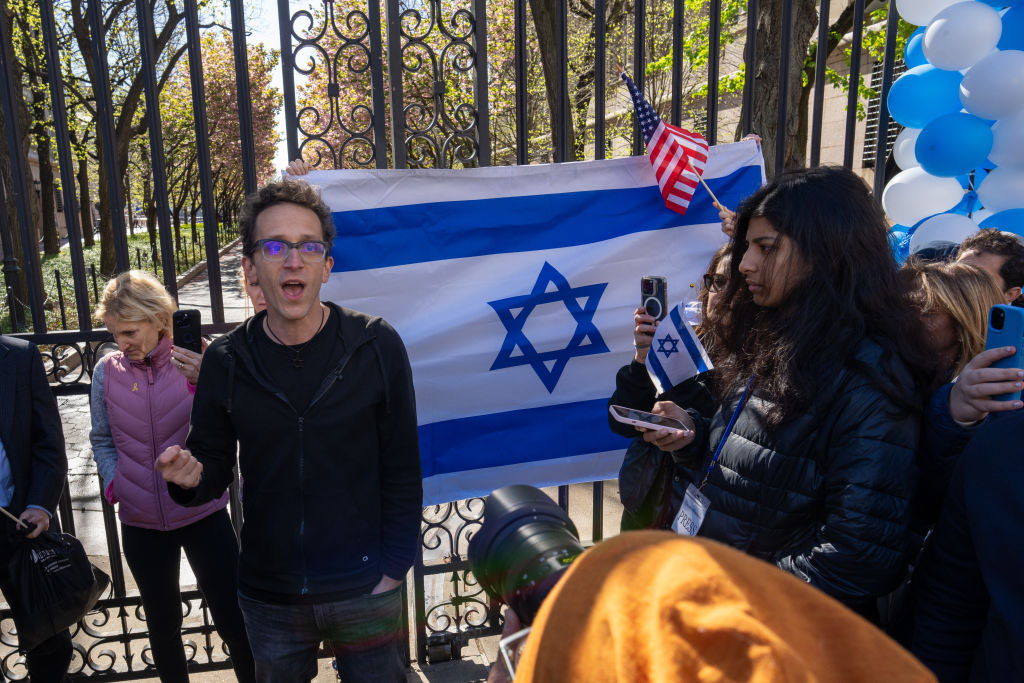





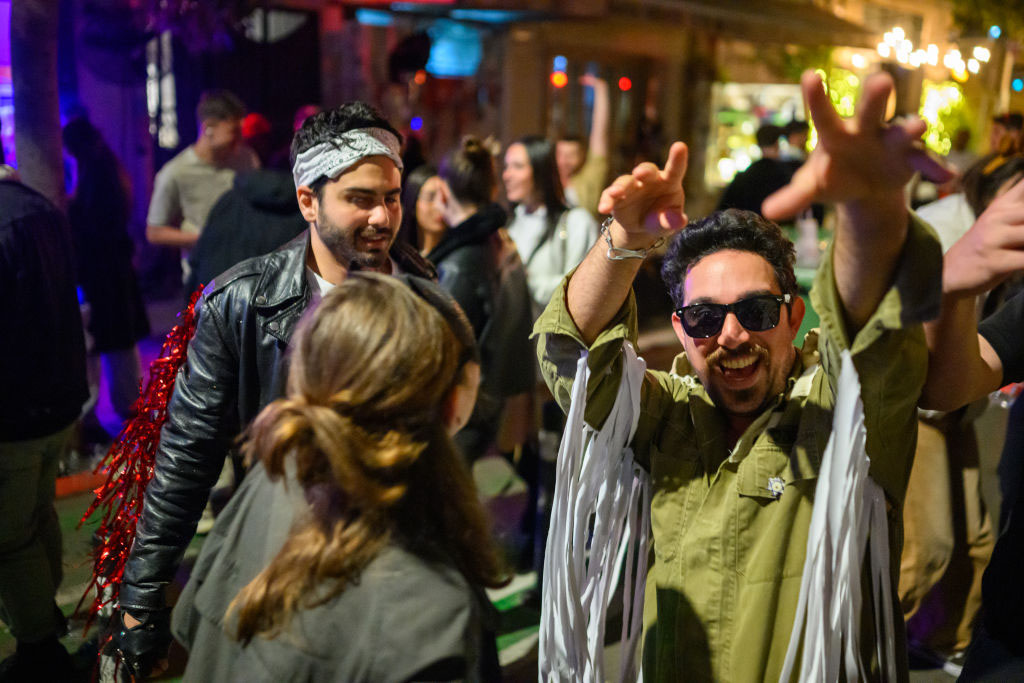





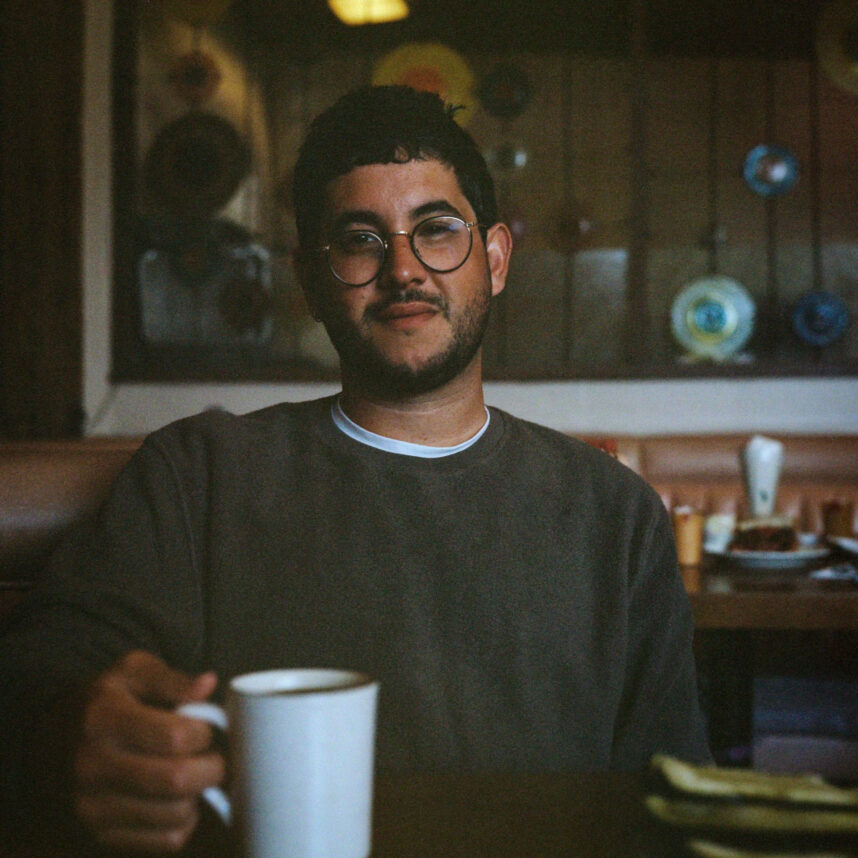
 More news and opinions than at a Shabbat dinner, right in your inbox.
More news and opinions than at a Shabbat dinner, right in your inbox.